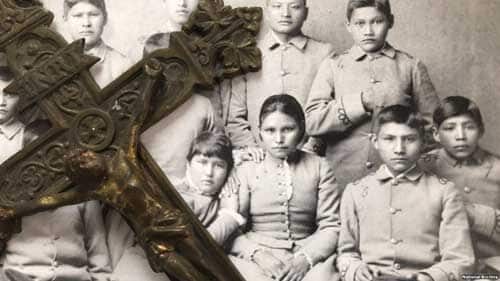ALBUQUERQUE, NM—May 16, 2019—The National Indian Health Board (NIHB) continued a week of networking, learning and sharing with its American Indian and Alaska Native Behavioral Health Conference taking place May 16-17, 2019. Over 600 hundred tribal health leaders, behavioral health practitioners and community health workers heard from Dr. Evan Adams, Coast Salish actor and Chief Medical Officer of First Nations Health Authority, Canada, about seeing health and healing in two realities – indigenous and western.
“This conference is a very important gathering, for so many of us, because it is focused on some of the most important work we are doing and need to do in our communities,” said NIHB Board Chairperson Victoria Kitcheyan. “Part of supporting your work at this annual event is providing informative sessions and dynamic speakers, like Dr. Evan Adams, who speaks from the heart and is in the trenches with you, fighting for better health outcomes for all indigenous peoples.”
In his keynote address , “One Eye Forward, One Eye Back: Maintaining Our Focus on Indigenous Health,” Dr. Adams shared his journey from actor to doctor, and his experience in learning to see in a different way, taking in both indigenous and western realities, separately, and then together, which creates an entirely new perspective.
>p>“I am here as someone who works in health, in indigenous health. I work in a different context and I hope that is helpful to you,” said Dr. Adams. “We need to be two-eye seeing because we carry multiple realities. We have always done this and for some Native people it is easy because we have always done it, and I encourage you to do it. Patients need to see providers like them and see their culture and values in them.”
Well known for his role as Thomas Builds-The-Fire in the film Smoke Signals, Dr. Adams shared stories about his family’s experience with residential school trauma, separation from family and pain those experiences caused, then encouraged the work of all those who work in behavioral and mental health. “Thank all of you here for the work you are doing to address historical, generational trauma caused by federal policies. Your work reverses that trauma, one person, one family at a time. We need to protect the resiliency of our people,” said Dr. Adams.
[content id=”79272″]
Dr. Adams also shared about the traditional teachings and practices that his father passed down, which shaped the expectations he had for his own life, and helped to bolster his commitment to physical and emotional endurance, strengths-building, resilience and at times – resistance.
To a room full of Tribal behavioral health experts, public health professionals, federal employees, advocates, researchers and community-based providers, Dr. Adams talked about his own plight to educate non-indigenous physicians about indigenous health.
“I often have to explain to federal provincial agency staff or others in the health community that I am not (we are not) the ‘poor villager.’ That their nation, Canada, made agreements with our Nations. We have to say: ‘Nothing about us, without us,’” Dr. Adams said. “For example, the HIV program; it’s a 20-year model that was made without us, so now it needs to include us. Our own citizens with HIV expect us to help and speak up for them. Disease Control and Prevention needs to include our leaders, so our vision can inform.”
The NIHB American Indian and Alaska Native National Behavioral Health Conference continues tomorrow with breakout sessions and a closing plenary where the recipients of the Hope and Healing Behavioral Health Awards will be announced.
“We have much to celebrate and share and we will be doing that this week. We will share best practices and partnerships. Take care of yourselves,” added Dr. Adams.
Learn more about NIHB at: www.nihb.org.








